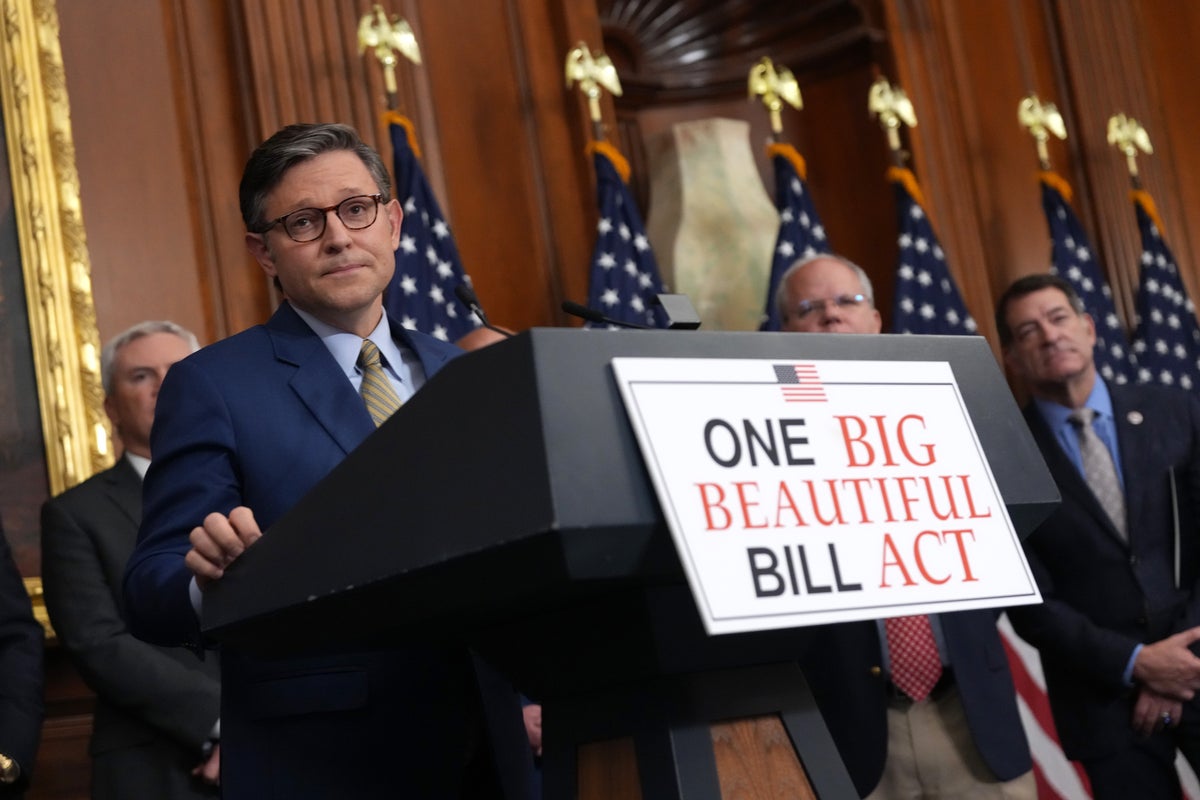Now Reading: One Big Beautiful Bill Act Sparks Clean Energy Controversy
-
01
One Big Beautiful Bill Act Sparks Clean Energy Controversy
One Big Beautiful Bill Act Sparks Clean Energy Controversy

Swift Summary:
- The U.S. House passed the “One Big Gorgeous Bill Act,” which would end most clean energy tax credits, reversing meaningful parts of President Biden’s climate agenda.
- Projects using Chinese inputs or equipment would be ineligible for federal support,and tax credits for electric vehicles will expire by the end of next year.
- Analysts predict considerable setbacks for clean energy development: wind,solar,and battery installations could decline by 20 percent through 2040 (S&P Global Commodity Insights).
- BloombergNEF described the bill as a “nightmare scenario” for U.S.clean energy advocates; other experts expect Senate revisions to soften its impact.
- Emissions from India continue rising due to coal consumption,contrasting with emerging signs of slower emissions growth in China.
- the first quarter of 2025 saw a 5 percent increase in U.S. emissions compared to the same period last year, signaling potential backsliding amid high electricity demand.
- Despite financial pressures, solar technologies are likely to remain competitive with gas; battery manufacturing faces hurdles due to dependence on Chinese industries.
Indian Opinion Analysis:
The implications of U.S.policy changes around clean energy may hold importance for global efforts against climate change-and particularly for India’s trajectory within this framework. India’s reliance on coal has led its emissions to continue rising even as some developed economies achieve reductions. These developments shine a spotlight on India’s need to balance economic growth while transitioning toward cleaner fuel sources.
As key players like china ramp up renewable capacities despite facing trade barriers or geopolitical constraints like those discussed in this article, India appears poised at a challenging juncture where it must simultaneously meet growing domestic electricity demand fueled by industrialization while embracing lasting technologies capable of tackling long-term environmental risks.
India might draw lessons from shifting priorities among developed countries and adapt policies accordingly as global momentum around climate initiatives fluctuates-underscoring resilience over reliance on concessions elsewhere

























